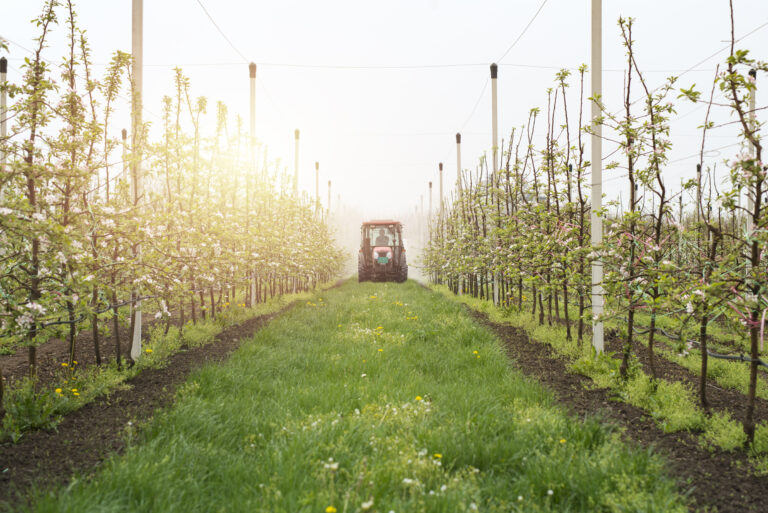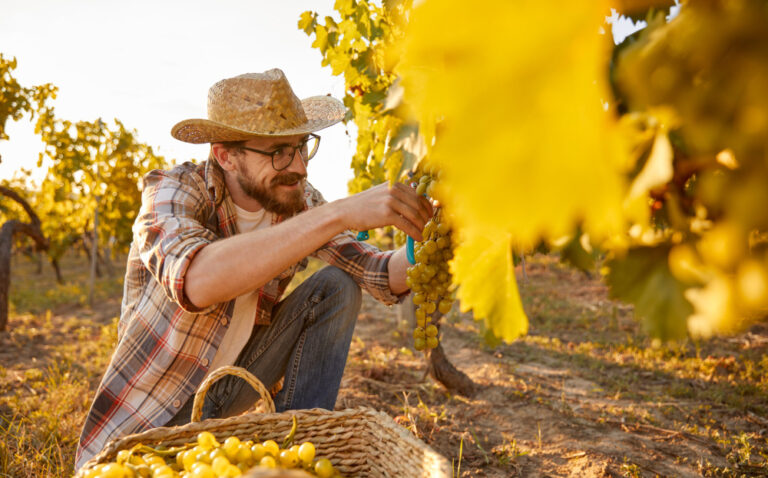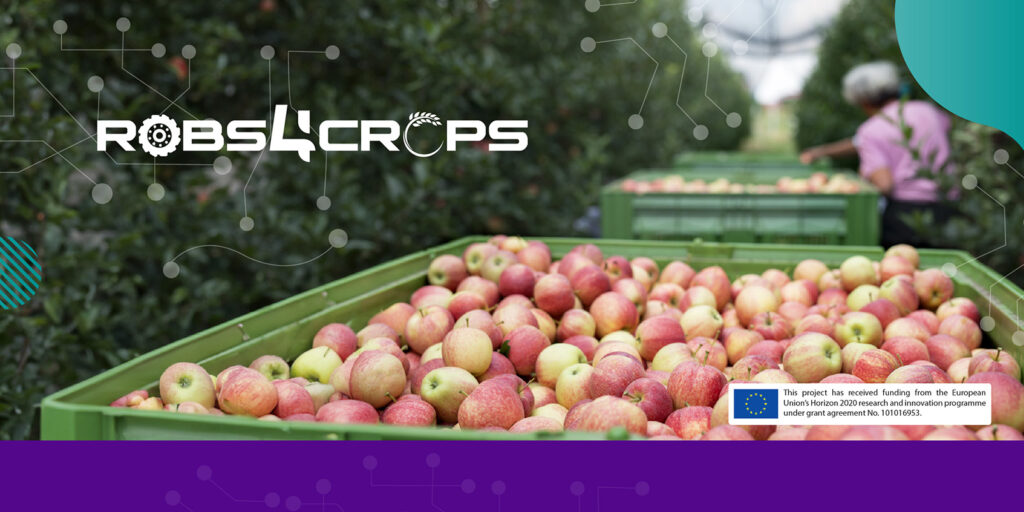The Impact on Agricultural Production
At the heart of ROBS4CROPS is the drive to increase efficiency and productivity in agriculture. By automating labour-intensive tasks like table grape and apple spraying and mechanical weeding in arable farming and vineyards, the project reduces the reliance on manual labour. This, in turn, allows farmers to allocate their human resources to more skilled and complex agricultural tasks, fostering an environment of innovation and specialization.

Precision agriculture is another pivotal aspect of this project. By using smart implements and autonomous vehicles, resources such as pesticides and herbicides can be applied with unparalleled accuracy. This precision minimizes wastage and optimizes resource utilization, leading to higher crop yields. As a result, we can expect a boost in food production and quality.
Environmental Sustainability
ROBS4CROPS brings a positive change to the environmental impact of agriculture. The precision application of pesticides and herbicides, made possible by this technology, curtails overuse, and reduces the associated environmental consequences. In addition, the project’s focus on reducing mechanical weeding and soil disturbance plays a significant role in promoting soil health and long-term sustainability.
Cost Savings for Farmers
One of the most tangible benefits of the ROBS4CROPS project is the cost savings it offers to farmers. By automating labour-intensive tasks, the project reduces operational costs, contributing to improved financial sustainability for farmers. Furthermore, the reduction in the use of resources like pesticides and herbicides translates to lower input costs. This is a win-win situation, where both the environment and farmers’ wallets benefit.

Supply Chain Resilience
In a world marked by unpredictable weather events and labor shortages, the predictability and consistency offered by the ROBS4CROPS project can be a game-changer. With more precise and controlled farming practices, the risk of supply chain disruptions is mitigated. Farmers and distributors alike can plan their operations with greater confidence and foresight.
Wide-Scale Adoption and Data-Driven Decision-Making
The project’s ultimate goal is to create a system ready for wide-scale adoption across the European Union and beyond. As more farmers embrace this technology, the industry stands to benefit from increased standardization and compatibility. With more farmers adopting the system, the data collected by the high-level software for planning and scheduling will become a valuable resource. This data can be used for better decision-making, not only in farming practices but also in resource allocation and supply chain management.
In conclusion, the ROBS4CROPS project is poised to revolutionize the food supply chain, from production to distribution. By enhancing efficiency, reducing costs, and improving sustainability, this project marks a significant step forward in the evolution of agriculture. While the journey to full adoption may present challenges, the potential benefits for farmers, the environment, and the entire food supply chain make this project a beacon of hope in a world where agricultural innovation is more critical than ever. The future of food supply chains is autonomous, efficient, and sustainable, thanks to ROBS4CROPS.

